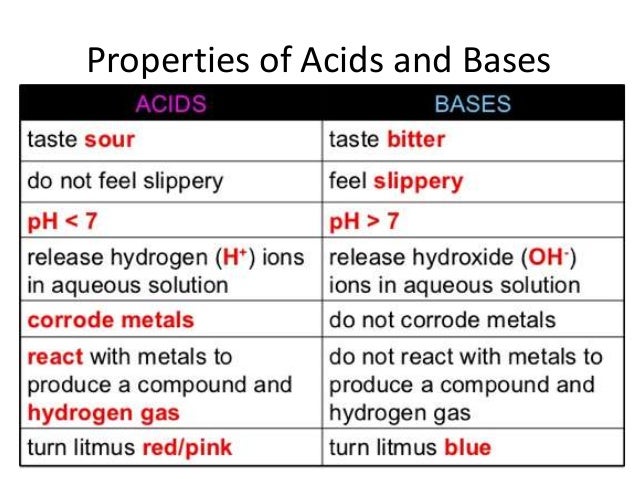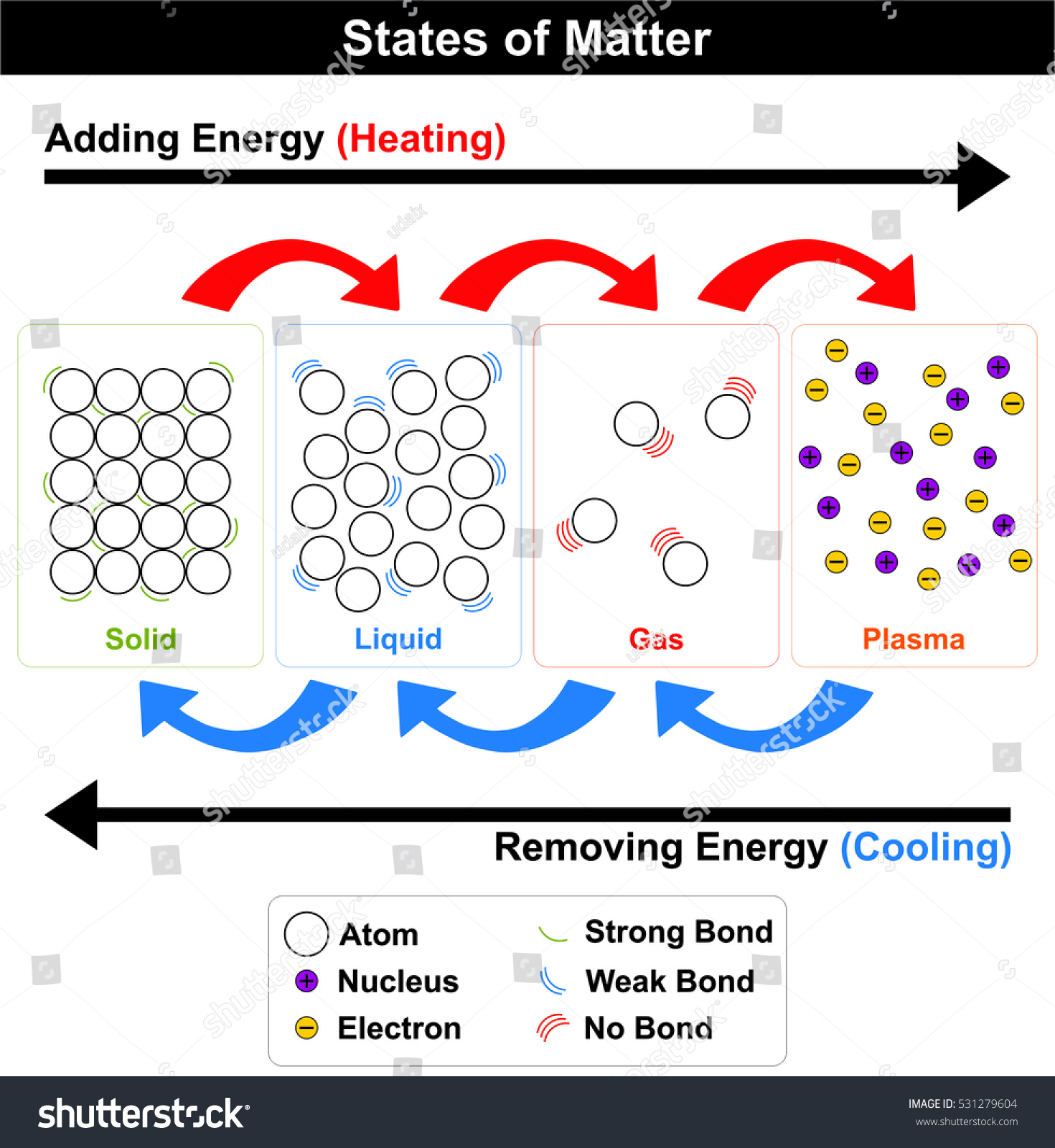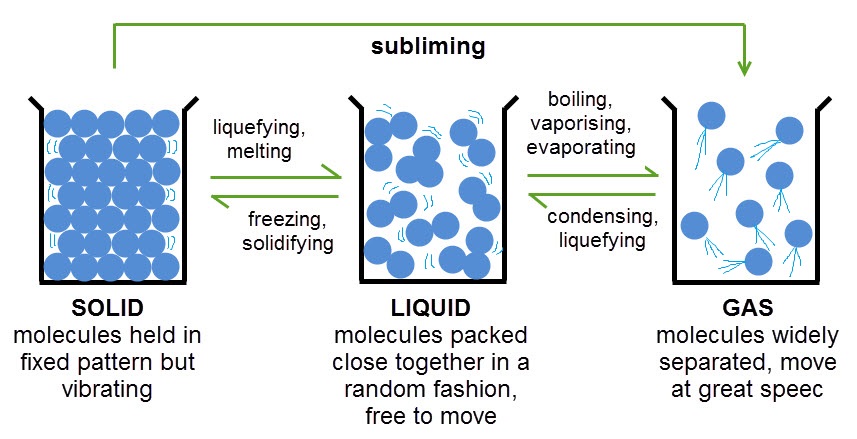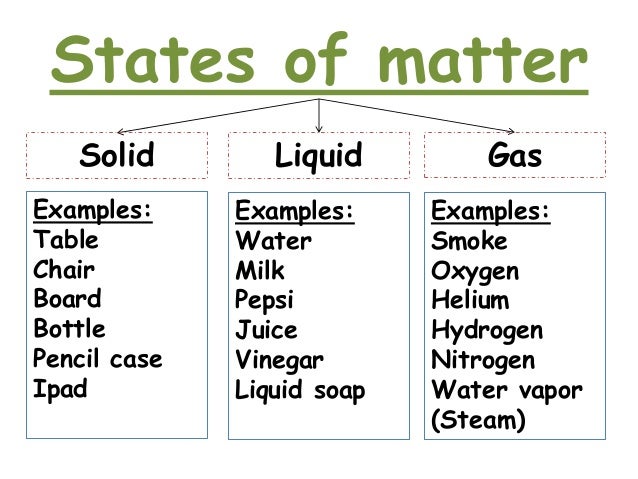8th Grade
Date: September 24, 2018
Topic: Acids, Bases, and Salts
Learning Goals:
Topic: Acids, Bases, and Salts
Learning Goals:
- Differentiate between acids and bases.
- Identify examples of acids and bases.
- Distinguish where acids and bases fall on the Ph scale (Potential Hydrogen Scale).
Home Learning: Students will complete vocabulary index cards and study their Cornell notes
Acids, Bases, and Salts Vocabulary
- Compound- composed of two or more elements (mixture)
- Base(Alkaline)- substance with a pH of 8-14
- pH Scale- Measures how acidic or basic a substance is
- Acid- substance with a pH of 0-6
- Neutral- Substance that does not have a positive nor negative charge
- Salts- combination of acids and bases



7th Grade
Date: September 24, 2108
Topic: Temperature
Learning Goal(s):Understand that all objects have temperature due to kinetic energy of their molecules.
Home Learning: Students will complete assignments not finished during class and study for their test on Friday.
Temperature Vocabulary Definitions
- Temperature- the average kinetic energy of the particles that make up a material
- Average Kinetic Energy- the average kinetic energy in in a material
- Molecule- a group of atoms bonded together, representing the smallest fundamental unit of a chemical compound
- State of Matter- is one of the four distinct forms that matter take on
- Liquid- is a substance with a definite volume but not a definite shape.
- Gas- is a substance that does not have a definite volume or shape.
- Solid- is a substance with a definite volume and shape. Particles are close together and do not move freely.
- Melting Point-The process in which a solid becomes a liquid
- Boling Point- the temperature at which a liquid boils and turns into vapor
- Freezing Point-When temperatures of a liquid are lowered, causing a solid to form.
- Law of Conservation of Energy- Energy cannot be created nor destroyed only transformed
Students will watch the following and create Cornell notes:
Study Jams Video:
Heat and States of matter tutorial:
States of Matter Diagrams



No comments:
Post a Comment